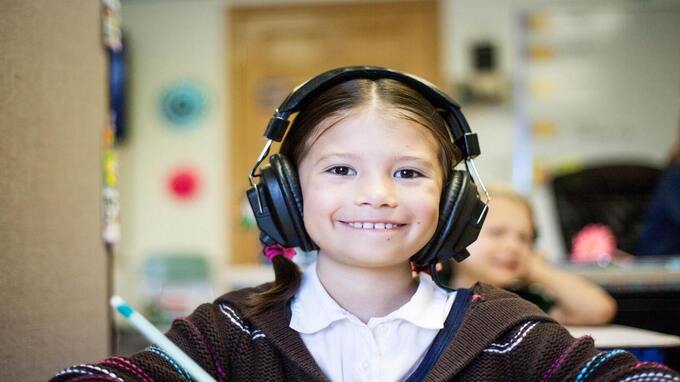Research In Action
Research In Action
Breadcrumb

As a psychologist and researcher with a particular interest in bullying, I am always interested in digging deeper into the “why”: Why is relational aggression – which involves the manipulation of social standing or reputations through gossip and social exclusion – so predominant among girls? Why is it associated with detrimental long-term outcomes for victims such as high levels of anxiety and depression? And, beyond the “why,” how can we develop and test interventions that can combat this pervasive type of school violence, before it has a chance to become entrenched?
Addressing relational aggression early in urban school curricula is particularly important because children attending inner-city, under-resourced schools are at high risk for emotional and behavioral problems but are also incredibly resilient. However, the skill development targeted in this type of curricula is beneficial for any school to emphasize for elementary school-aged girls.
In a study recently published in the journal Psychology of Violence, my co-authors and I explored the effectiveness of the CHOP-developed Friend to Friend (F2F) program in lowering the relational aggression among African-American relationally aggressive girls. F2F is a school-based intervention uniquely designed for urban, African-American 3rd to 5th grade girls and conducted through a partnership between CHOP facilitators and a classroom teacher or teacher’s assistant. The primary component of F2F is a 10 week, 20 session small group intervention that teaches relationally aggressive girls problem-solving and anger management strategies. The program also reinforces participants’ leadership skills by having them co-facilitate 10 classroom sessions to train their peers in the strategies they have learned.
Previously published research on a F2F study conducted in two urban elementary schools showed promise for decreasing at-risk girls' levels of relationally and physically aggressive behaviors, hostile attributions (the way youth interpret and respond to social cues), and loneliness. The current study expanded the reach of F2F by involving 144 relationally aggressive girls from 44 different classrooms across six elementary schools in the School District of Philadelphia. The results have established F2F as the first and only relational aggression intervention to demonstrate a decrease in relationally aggressive behaviors among urban minority girls that continued at least a year after the conclusion of the program, specifically improving the girls’ social problem-solving knowledge and decreasing their levels of relational aggression.
The positive results of F2F indicate that providing elementary school-aged girls with problem-solving skills and leadership opportunities lays a foundation for reducing relational aggression. Research has shown that the way in which youth interpret and respond to social cues is tied to the development of aggression. By empowering young girls with social problem-solving skills, we’re teaching them how to accurately read and respond to social cues, which ultimately helps to prevent their involvement in future aggression and violence.
Read a press release about this research.
Read more about relational aggression.

